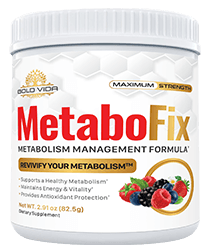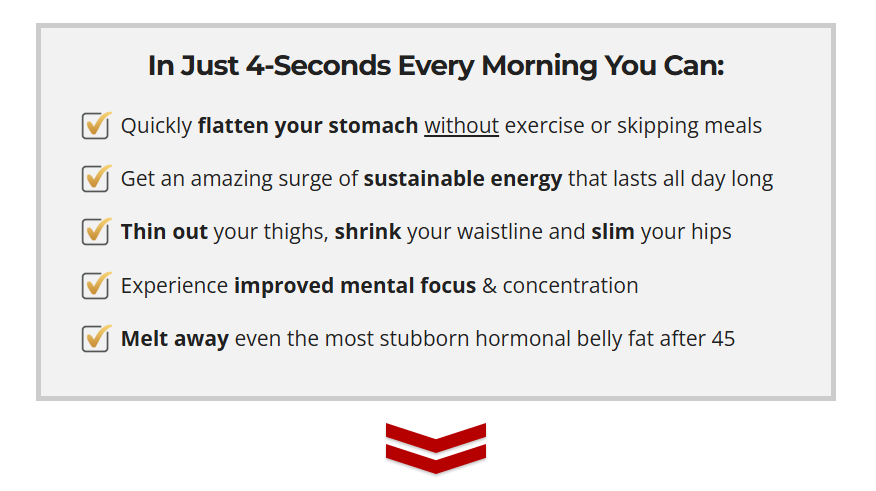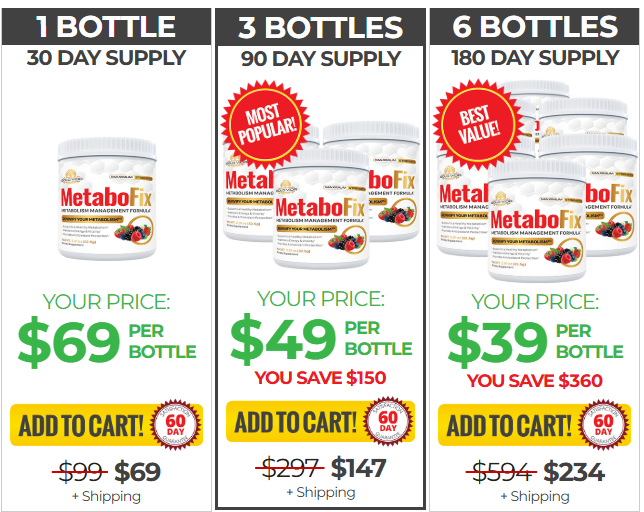Have you ever wondered how to raise metabolism to feel more energized and burn calories effortlessly? Your metabolism is the engine that keeps your body running, and when it’s working efficiently, you feel healthier and more active. Luckily, there are simple, effective ways to boost it and get your body performing at its best.

What is Metabolism?
The metabolism is the process your body uses to convert food and drinks into energy. It powers every single action, from blinking your eyes to running a marathon.
Ways to Metabolic Processes
Metabolism is made up of two basic parts:
Catabolism — the breakdown of food molecules for energy. It is like your body’s fuel for everyday things.
Anabolism: This is the process of building and storing energy. Its job is to repair cells, grow tissues and store fuel for later use.
These two processes interact to keep your body in balance and you running smoothly.
Metabolism and Its Role in Day Today Life
Metabolism is more than burning calories, it’s the foundation of all that your body does. Your metabolism keeps you going through everything, from breathing to thinking. When your metabolism is slow, even the most mundane stuff can feel laborious.
How To Raise Metabolism?
A healthy metabolism is like a high-powered engine — it runs well, fuel is used properly and you have the energy to go! If your metabolism is slow, you may have difficulty with weight gain, energy, and other health problems.
Advantages of an Accelerated Metabolism
There are numerous benefits of increased metabolism:
Ease of burning calories: You will burn more calories even at rest.
Weight management: With an active metabolism it is easier to maintain, or even lose weight.
Enhanced energy levels – High functioning metabolism means you feel awake and lively throughout the day
Symptoms of a Slow Metabolism
How do you know for sure that your need to raise metabolism? Watch for these signs:
Daily fatigue or sluggishness.
Weight gain despite not eating more than usual.
Cold hands and feet, could be a sign of low energy production.
If those sound familiar, it’s time to pay attention to your metabolism.
Foods That Raise Metabolism
Some foods may actually have a dramatic effect on your metabolism. Some foods have natural metabolic boosting properties.
Protein-Packed Foods
Protein is a metabolic powerhouse that… Au contraire: Protein-rich foods like chicken, fish, eggs, tofu, and legumes take more energy to digest than either carbs or fat. This is called the thermic effect of food, and it gives your metabolism a temporary boost and helps form muscle.



Spicy Foods
Capsaicin, the substance in chili peppers that makes them hot, can increase your metabolic rate briefly. While it’s hardly a magic bullet, adding spicy foods to your diet can enhance flavor and potentially provide a slight boost.
Also Green Tea and Coffee
Green tea and coffee are also among the list of foods that contain compounds that can boost your metabolism. Green tea contains catechins, which help reduce fat, while coffee provides caffeine for a short-term energy and calorie-burning boost. Just don’t add too much sugar or cream.
Classification on Exercise and Metabolism
Exercising isn’t only good for adding muscle or losing weight; it is one of the best ways to increase your metabolism.
Building Muscle Strength Training
The ultimate SQ is what to do to increase your resting metabolism?”Building muscle is the secret key to raising your resting metabolic rate. Muscle tissue burns more calories than fat does, even when you’re not moving. Add resistance-strength training exercises, like squats, lunges and weight lifting, to your weekly workout routine.
Cardio for Calorie Burn
Aerobic exercises such as jogging, swimming, and cycling raise your heart rate and burn calories quickly. The effects on your metabolism are transient, but regular cardio sessions can prevent weight gain when paired with a balanced diet.
High-Intensity Interval Training (HIIT)
HIIT consists of ultra-short spurts of vigorous activity, separated by short rest periods. With this kind of exercise, you create an “afterburn” effect: Your body continues to burn calories well after your workout is finished. It’s a good way to get the most calories burnt in a short period of time.
How To Raise Metabolism: Hydration is Key
One of the easiest ways to contribute to an effective metabolism is by drinking water.
Sufficient Water Intake Per Day (H3)
Water is needed to metabolize calories. Even mild dehydration will dampen your metabolism. That can also help curb appetite, helping you control how many calories you eat. Truth: Shoot for at least eight glasses of water every day, more if you’re active.
Sleep and Metabolism
Never underestimate the significance of a good night’s sleep. Shoddy sleep habits can derail your metabolism.
How Does Poor Sleep Affect Your Metabolism?
Sleep deprivation also throws off hormones that regulate hunger and satiety, including ghrelin and leptin. This can cause overeating and a slowdown in your metabolism. Getting quality sleep for 7-9 hours nightly is important for proper metabolic function.
Stress Management for Metabolic Health
Chronic stress isn’t only a thief of your mental health; it can also go after your metabolism.
Metabolism and Your Production of Cortisol
Stress triggers the release of a hormone called cortisol — one that makes your body store fat, particularly around your middle, and slows its metabolism. Stress management is also key, whether through yoga, meditation or simple deep-breathing activities: All of these can help keep your metabolism in check.
Simple Lifestyle Habits for How to Raise Metabolism
Small changes can add up to big results when it comes to raising your metabolism.
- Move more: Take short walks or stretch breaks throughout your day.
- Eat smaller, frequent meals: This keeps your metabolism active and prevents energy crashes.
- Stand instead of sit: Use a standing desk or take phone calls on your feet.
- Incorporate spices into meals: Add cinnamon, turmeric, or ginger for a gentle metabolic lift.
Common Myths About How to Raise Metabolism
There’s a lot of misinformation out there about metabolism. Let’s clear up a few myths.
Debunking Popular Misconceptions About How to Raise Metabolism
- Skipping breakfast ruins your metabolism: It’s not about the timing of your meals but your overall calorie balance.
- Late-night eating causes weight gain: Calories count the same, no matter when you eat them.
- Certain foods can “melt fat”: While some foods slightly boost metabolism, none are miracle workers.
How Long Does It Take to See Results?
Raising your metabolism is a process, not an instant fix.
Setting Realistic Expectations
If you’re consistent with your efforts—eating right, exercising, and maintaining healthy habits—you can start seeing small improvements in energy and weight management within a few weeks. Significant changes may take months, so be patient and stay the course.
Conclusion: How to Raise Metabolism
How to raise metabolism isn’t about quick fixes or extreme measures. It’s about building sustainable habits that improve your body’s efficiency over time. By focusing on healthy eating, regular exercise, staying hydrated, and managing sleep and stress, you’ll set yourself up for long-term success. Remember, it’s not just about weight loss—it’s about feeling your best every day.
FAQs About How to Raise Metabolism
1. Can everyone improve their metabolism?
Yes! Small changes in diet, exercise, and lifestyle can help anyone boost their metabolism.
2. Does eating frequently speed up metabolism?
Not necessarily. While eating smaller meals may help some, total calorie intake matters most.
3. Do metabolism boosters like pills work? (H3)
Some may have minor effects, but diet and exercise are much more effective and sustainable.
4. Can stress really slow metabolism? (H3)
Yes. Chronic stress increases cortisol, which can lead to slower metabolism and fat storage.
5. How do I know if my metabolism is slow? (H3)
Signs include fatigue, weight gain, and difficulty losing weight despite healthy habits.






